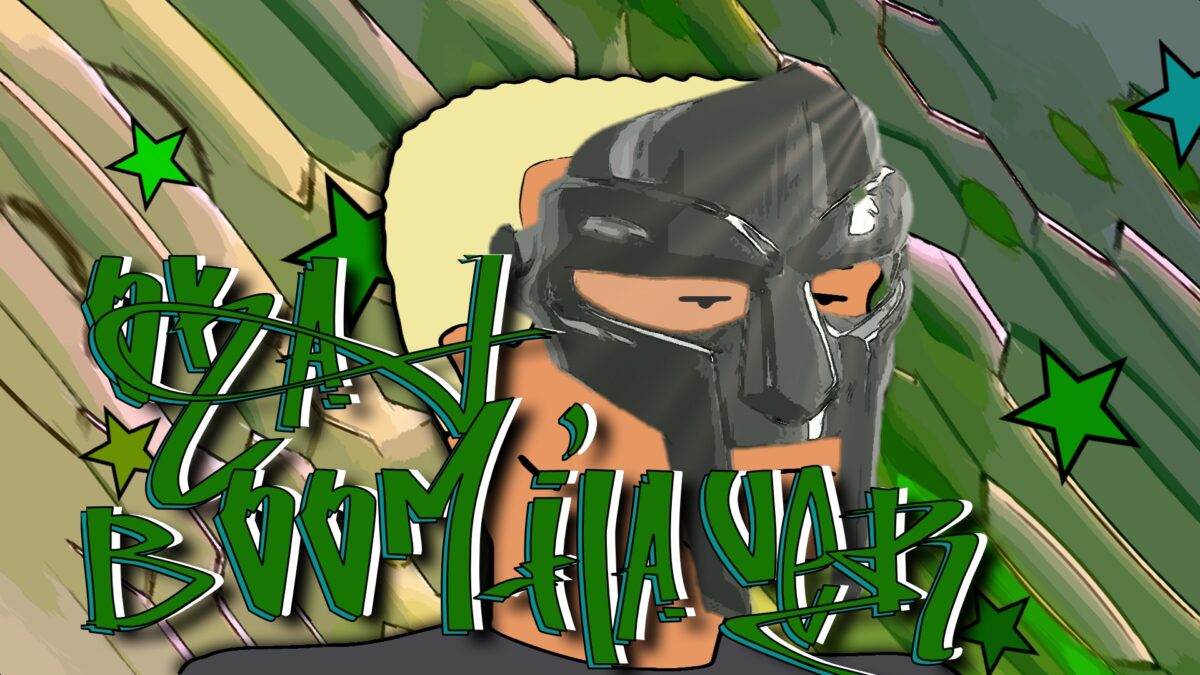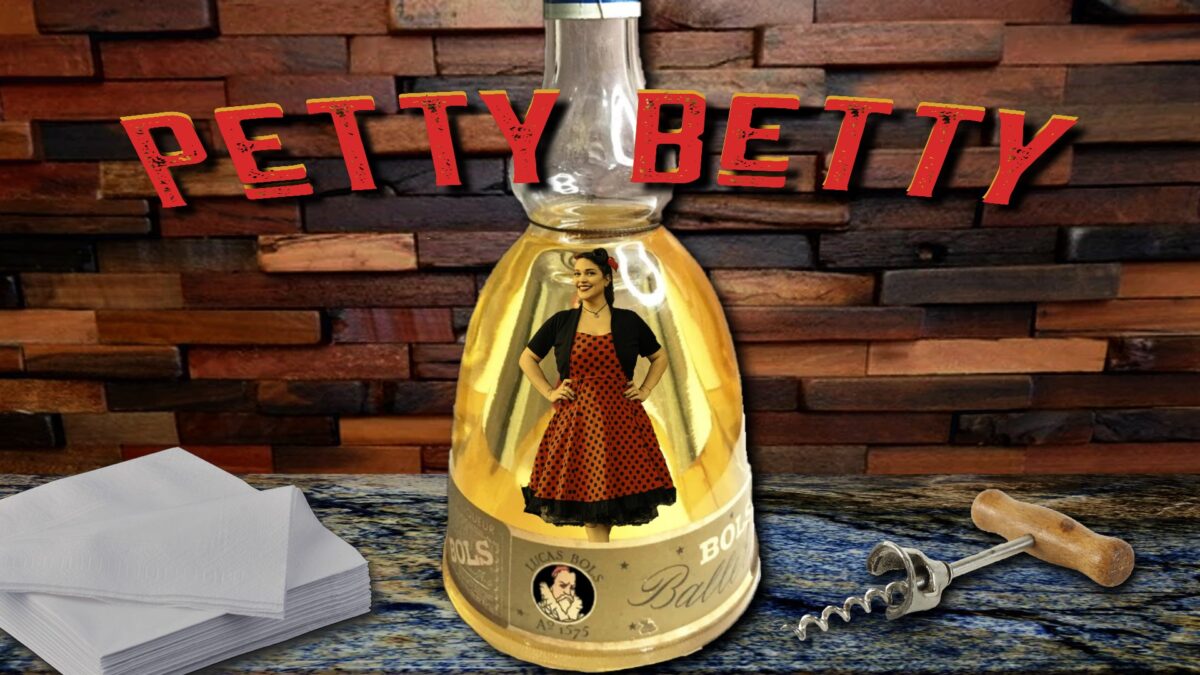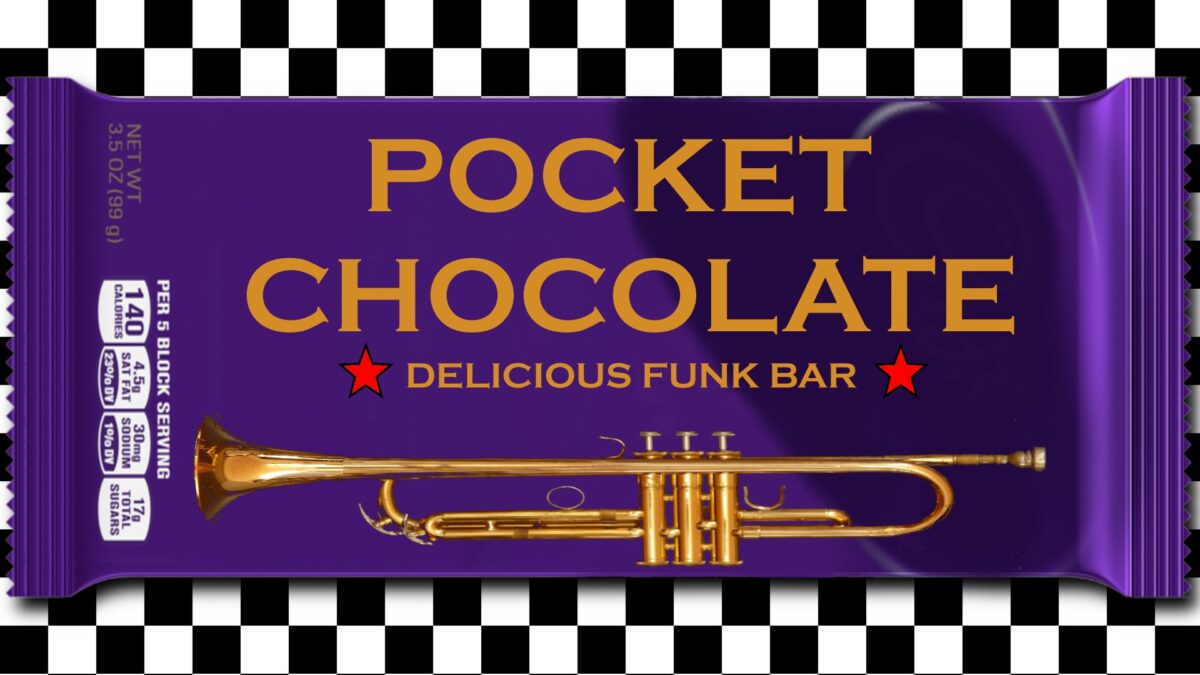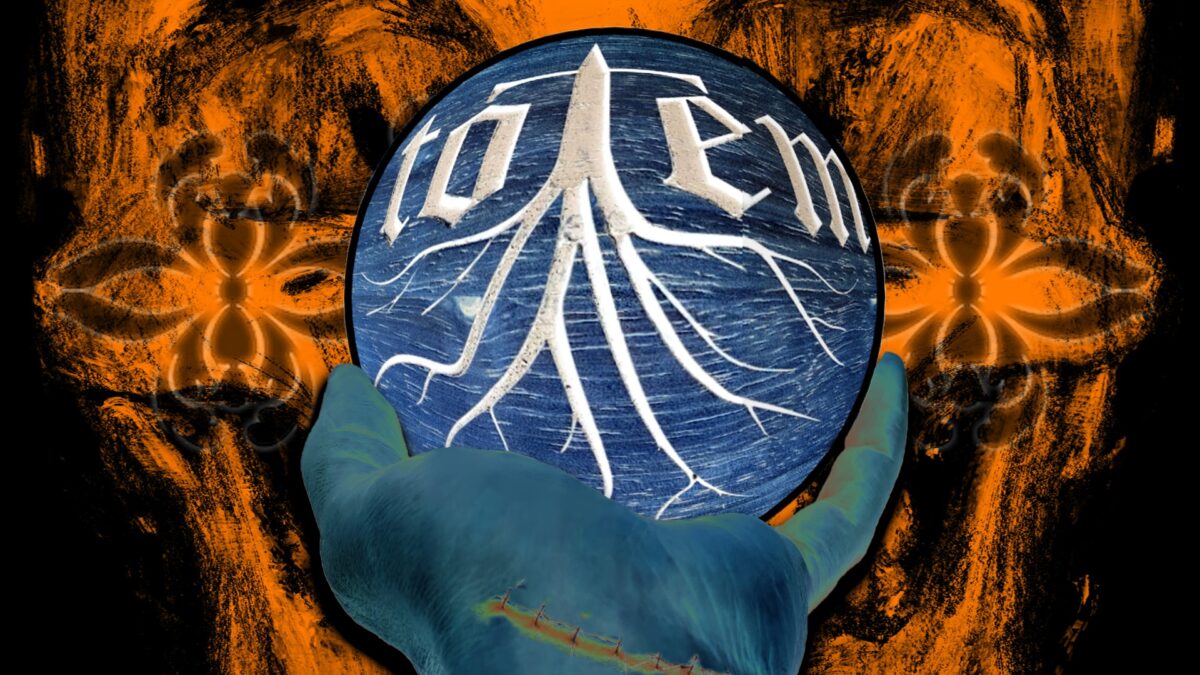One of three children, Conner Graham was born St. Amant in Ascension Parish, Louisiana. Where, according to him, disco and Swamp Pop never died. “At our middle school dances, they were playing Wilson Pickett. Yeah, they might do the Bunny Hop. They might have cranked some DMX in 2002. But then the very next song was Land of a Thousand Dances. It was very strange looking back. But we didn’t know it was weird at the time” His start as a musician began at just five years old on the piano. Before long though, he was turned off by it because of the urgings from his music teacher. She wanted him to play Beauty and the Beast. But he wanted to play Dr. John and Elton John. According to Conner, she took one look at material from Elton John and saw the title Jesus Freaks Out in the Streets and instantly objected. She countered with Be Our Guest from Beauty and the Beast. And so began a path away from the keys. His familiarity at an early age with his preferred genre came by way of his mother. She was a radio DJ in the 70’s for 102.5 WFMF, “Baton Rouge’s #1 Hit Music Station”. Her record collection at home was both a testament to her tastes in music and a big influence on Conner’s early musical experiences. It’s how he knew of bands like the Beatles, Crosby, Stills & Nash, Jonathan Edwards, and the Eagles.
He would move onto trumpet, eventually playing in band at school. During this time, another one of his hobbies was playing Guitar Hero with friends. He actually became quite good at it and recalls watching an episode of South Park. Where, in reference to the game, Stan’s mom declared, “If they would spend half as much time learning a real instrument, they would be onto something!” He thought to himself, is that true? He knew his mom had an old guitar sitting in a closet somewhere. So, in the summer before his senior year, he asked her if he could start lessons. During his senior year of high school, his mother took him to his first Jazz Fest. She wanted to see folk artist James Taylor, and he wanted to see the alt-rock band Wilco. But halfway through Wilco’s set, he wandered off and was drawn to blues-rock artist Johnny Winters. People sometimes speak of the timeless quality music had in the 70’s. And even though Conner was born in ’91, that 70’s sound had him hooked. To his liking, there was not a lot of synthesizers, and that gated reverb snare hadn’t taken over yet, nor had auto tune. Rounding out his tastes was the influence from his older brother, who was into Pearl Jam, the Foo Fighters, Nirvana, and other 90’s grunge. Through his older brother, Conner was also able to witness the camaraderie that came with being in a band. Because his brother was in a band and would have the same close-knit group of friends over all the time. He wanted that for himself. So, between regular lessons and persistent after school practicing, he stuck close to playing guitar. Eventually he would form his own band; or try to, at least. Conner and three of his friends would assemble in his garage for practice. But this was short lived. Directly following graduation in 2009, two of his friends shipped off to the armed forces and one of them moved away. Conner himself would move on to college at LSU and join the Tiger Band playing trumpet. While this may have kept Conner in touch with music, it was always a highly regimented and scheduled out event. Playing trumpet in a school band, he felt boxed in. But with guitar, he was able truly be creative. And this is what fed his soul. He did try out for a couple of bands during his time in college. Being that he enjoyed karaoke, he tried out for a pop-punk band that needed a singer. And another was a bizarre reggae rap-metal band that needed a trumpet player. Though he felt himself veering away from the trumpet somewhat, it was the only one of the two bands that called back. But he stuck with the reggae band for a while. He also took gigs on the side, all with his trumpet. And all the while his affinity for guitar grew more and more.
At the end of 2014, Conner would be reunited with high school friends for a bonfire. As luck would have it all three had moved back into town. It wouldn’t take long for the four of them to put the band back together. And in just four months they had written ten songs, calling themselves Bayou Bullets. Over the next four years the group would see changes in their line-up, a five song EP studio recorded album by the name of Five in the Chamber, and the addition of a singer, Jovin Webb. Which allowed Conner to focus on playing. But the group had yet to find its true identity. Conner recalls, “If you listen to the album, it sounds like three very different bands playing five different songs.” Pop-punk, blues, 70’s folk acoustic, and rock had somehow all found a way into their initial attempt. Though Conner’s preference leaned somewhat toward pop punk, an affinity reignited by his 2018 Warped Tour attendance, the future for this band would be shaped, in part, by two factors. One of the previous changes in the line-up was the addition of a guitarist that was heavy into 80’s metal. And their new singer, Jovin, had a voice that dwelled in that soulful grit. The territory where these factors would intersect, and where the band would ultimately settle, would be in 70’s blues rock. The coming years would be spent exploring this identity on stage and culminating in their sophomore effort titled New Lie. Parts of 2019 and 2020 were spent trying to get this album down, as it was fraught with its fair share of hurdles. Jovin had been picked up by American Idol that year. And his efforts would land him in the top ten on that show. But a seeming positive would often present itself as a negative when it came to scheduling time for the band’s album. A song he had written, After the Rain, was one that left a hole Conner kept scrambling to fill. And the fact that it was written as a duet didn’t help things. At one time Chloe from Alabaster Stack was supposed to accompany Jovin on the song. After that fell through, Maria from Riarosa was slated to fill the spot and had to cancel. Also, Covid had reared its ugly head which brought production at the studio to a halt. Suddenly, Conner found himself at a low point in his life. The album release would eventually see the light of day. But for now, it was botched. Depression was setting in and writer’s block was beginning to take hold.
Fortunately, Conner had the presence of mind at the time to seek outside help from a therapist. In these sessions it was revealed to him that the pressures of coordinating practices and gigs, and fighting to get this album out had placed him in a position where his creative outlet had become a job. The solution was to start another project where “making it” was not the goal, effectively freeing him from the constricts of all those elements that muddy the waters of inspiration. In this new project he would not even play an instrument. He would front this band as its singer, it would be a cover band in his preferred vein of pop-punk, and their name would be Okay, Boomhauer. Though Covid would wreak havoc on this band’s ability to practice and function, he was still able to reclaim a broken block from his previous project, Bayou Bullets. Reexamining that material through the alternative lens of his new band’s genre, a song stood out to him. It spoke to him in the form of an emo ballad. He felt so strongly about this that he would eventually record it as such. Five songs would accompany it on an album that was to be his solution to the isolation and stagnation that Covid instilled in us all. Paired with just an audio engineer, Conner wrote and recorded an album under the name Okay, Boomhauer. Progress was finally being made. As for Bayou Bullets, a pivot in their business model would be the answer to the pandemic. They realized that if they steered clear of major cities they could circumvent restrictions in place at the time. Together they hit every honky-tonk and dive bar along the gulf south. Being that their mainstay was in covers this was an easy sell, and a lucrative one to boot.
Finally, Conner felt as though he had some breathing room. Bayou Bullets was gigging consistently, restrictions began to ease, and Okay, Boomhauer began to practice. Conner let them hear what he recorded and the band really took a liking to the material. The revelation would expand the band into originals and would accompany a catalog of about thirty cover songs. Then one night while performing with Bayou Bullets in the college town of Starkville, MS, he contracted Covid. And it nearly killed him. “It was literally weeks and months of rehab to get back to the point that I could perform or anything like that. Heck, it took three weeks before I was able to walk more than a block down the street. But in that time of working through all that, we also had that hurricane (Ida) that hit in August. And that wiped the calendar for Bayou Bullets away. Which provided the opening for a couple of the members who had been waffling on leaving or not to decide, you know what, it’s not going to be putting them out if I leave now.” Conner’s health would eventually be restored. And his focus would then shift to Okay, Boomhauer.
This new endeavor has found Conner and his band scheduled to perform from Dallas to Mobile. He has already written an entire album for the band to record in between shows and is currently writing the following album. They are going into the studio to release a single this spring, with another to follow toward the end of this year. It’s been a cathartic experience for him. He’s proud of how his own EP turned out ultimately being played by Okay, Boomhauer. Seeing results, his vision is no longer obscured by the familiar doldrums of years prior. He’s started investing time and money in an editing process that will enhance the band’s following on social media. And he is able to delve into the mechanics of a far-reaching band without feeling bogged down. “I have targeted a list of cities that are all between eight and twelve hours away from here to start building that network of cities that we can we can tour to, to get to the cities that really give a shit about this music.” In due time, after some replacement recruiting, his other project Bayou Bullets will reemerge redubbed as The Black Smokes. We talked more in depth about his journey throughout. And we went on to examine the findings of research he has put into elevating Okay, Boomhauer to the next level. You can hear all of it on our recent podcast episode titled by the band’s name. Thanks so much for reading and remember, support for these musicians and this site comes as easily as sharing our work.
Author: David Trahan































